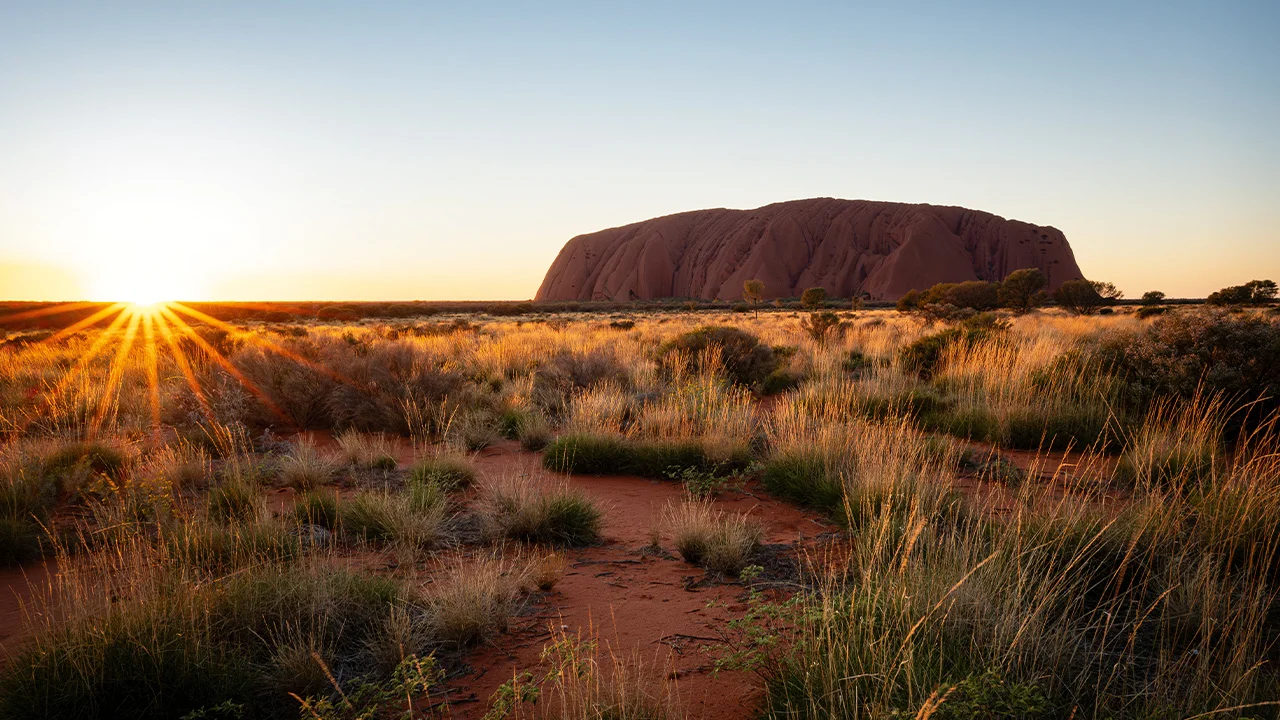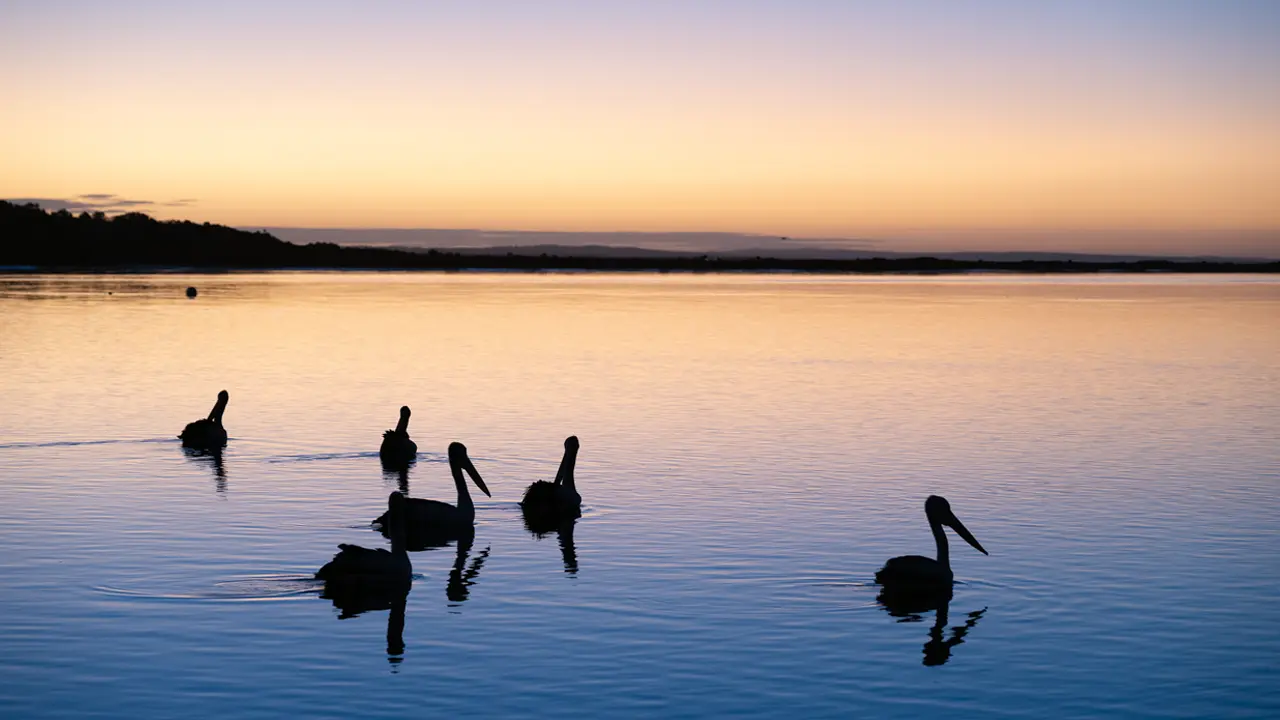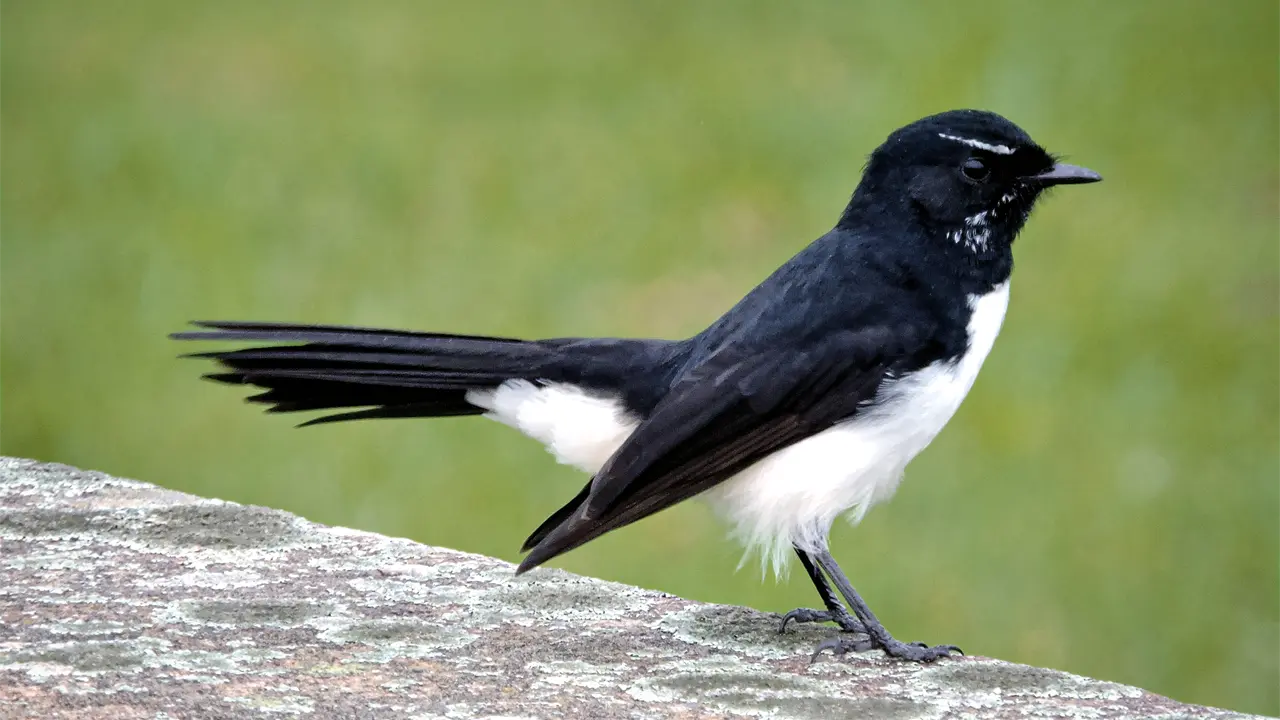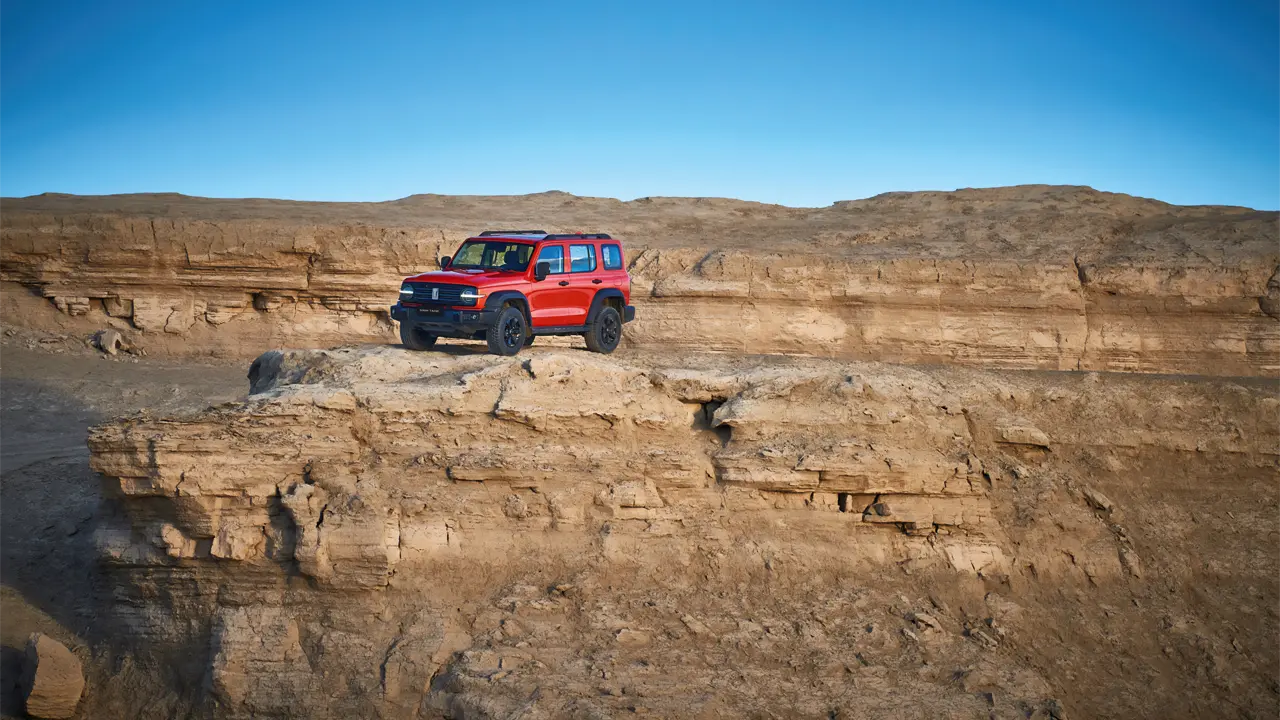Ancient culture and contemporary endeavours syncopate in the beating heart of the nation.
Story + Photos Ken Eastwood
The beating red heart of the country has a secure place in the hearts of Australians. Visitors might scrub the red dirt off the duco, or out of the creases in their boots, but the experiences like seeing Uluru morph through an artist’s palette at sunrise never leave the soul. At dawn and dusk, when the low-angled sun hits the iron-laden rocks, the colours are as vivid as a Major Mitchell cockatoo’s crest. Flocks of budgies flash iridescently as they turn in the sun. Bearded dragons bob red necks on roadsides and splendid fairy-wrens provide a splash of blue in the yellow senna. In the middle of the day, the colours bleach to a Namatjira watercolour, the pastels almost merging together. Spines of ancient stone ridges rise out of the plains, as if the very bones of the country are showing through.
From the 31,000-person town of Alice Springs, tourists set out, mainly along the West MacDonnells, but also to the east, exploring gorges and waterholes, or climbing 1,380m Mt Sonder in time for sunrise. On dirt roads miles from anywhere, road safety signs are written in German and French, an indication of the number of international tourists driving campervans.
Before COVID, the Red Centre was receiving more than 650,000 visitors a year. Numbers halved in the pandemic and are still clawing their way back. “We had a pretty tough couple of years, with COVID and everything, and then the town took a bit of a reputational hit,” says Alice Springs mayor Matt Paterson. A crime wave, particularly over the warmer months, had seen shops and cars broken into repeatedly, and the resulting media frenzy saw many travellers change their plans. School groups cancelled trips, citing it was ‘too dangerous’ to go to Alice Springs, and many who did reduced their number of nights in town. Numbers at caravan parks are reportedly down 30–40%.
But a combination of the nightly Lhere Artepe Apmereke-artweye Patrol, a drastic change in alcohol laws (including no bottle shops open Mondays and Tuesdays) and cooler weather in the middle of the year saw some reprieve from the crime. “It’s better, and we’ve got our fingers and toes crossed that it will remain that way,” Matt says.
This story excerpt is from Issue #152
Outback Magazine: Dec/Jan 2024










